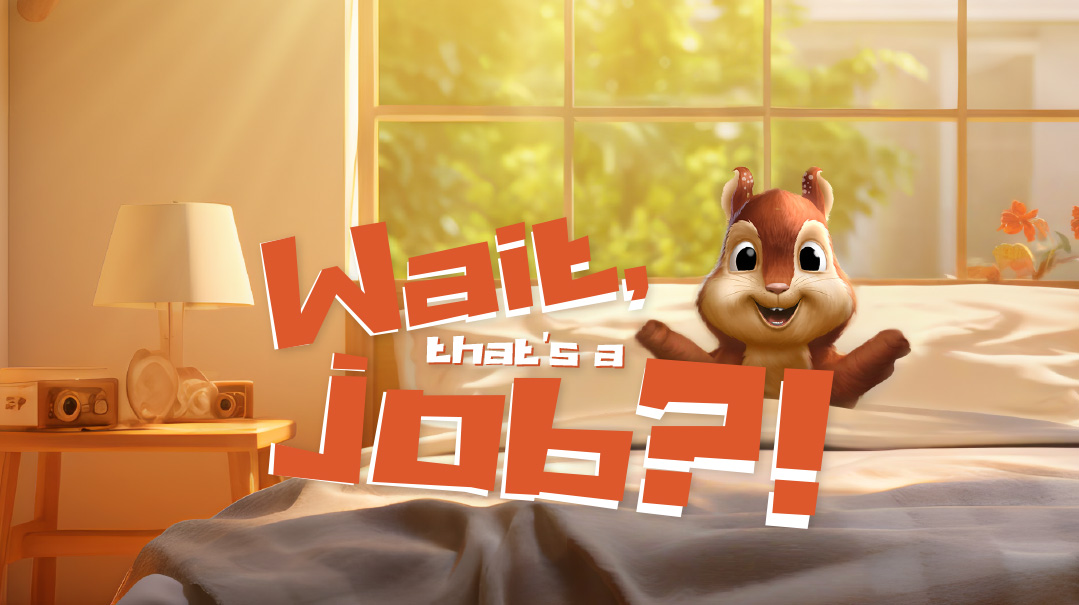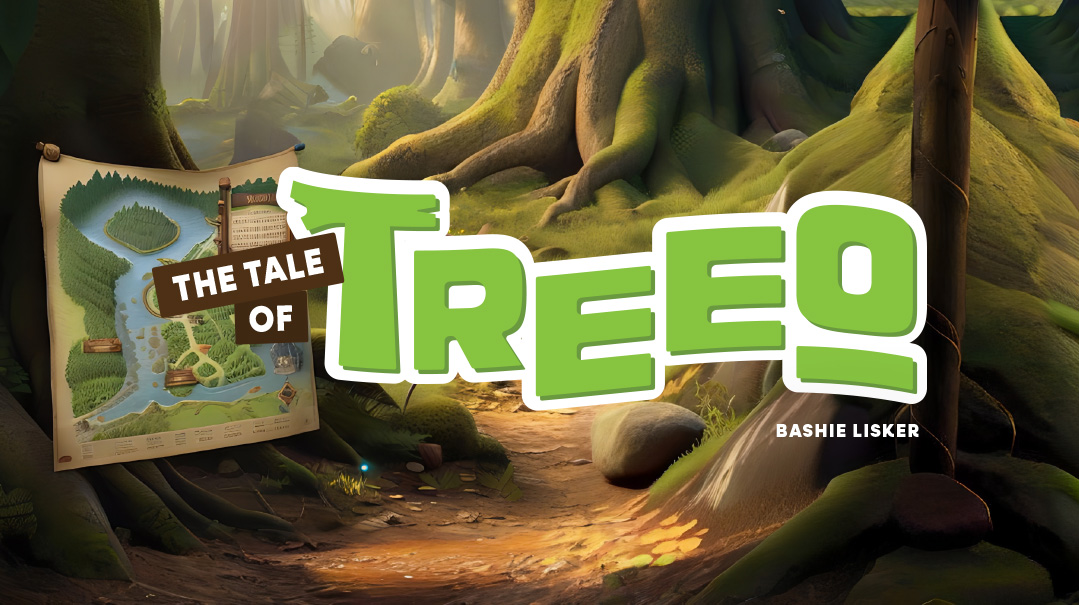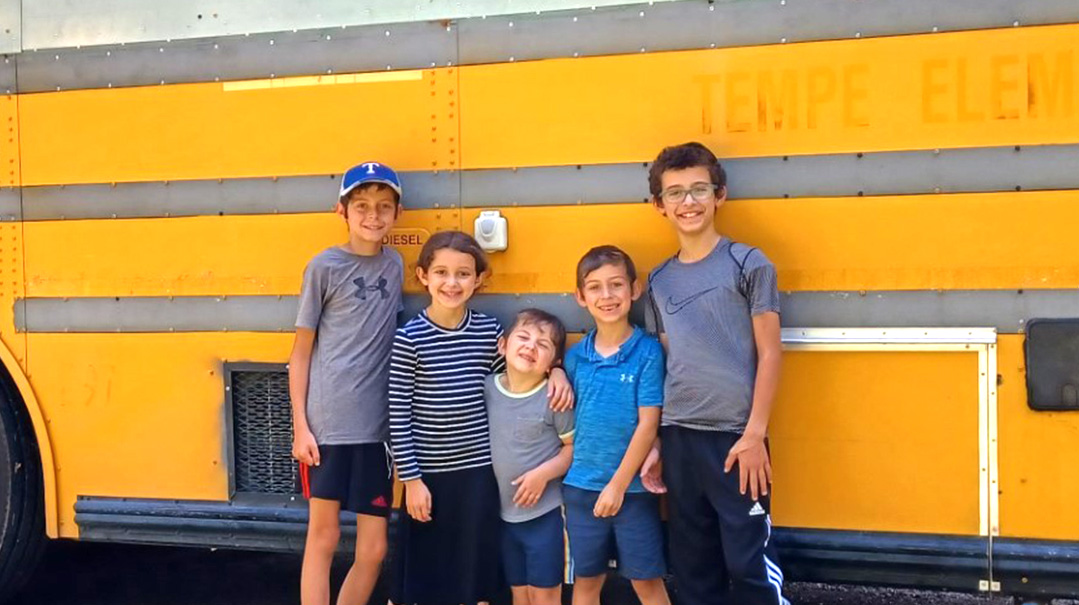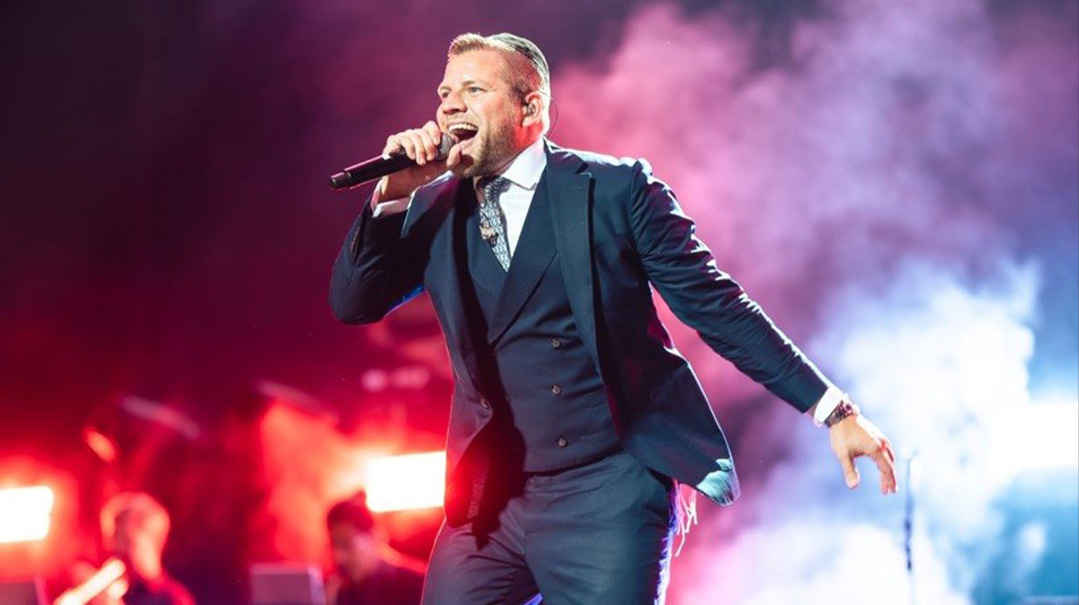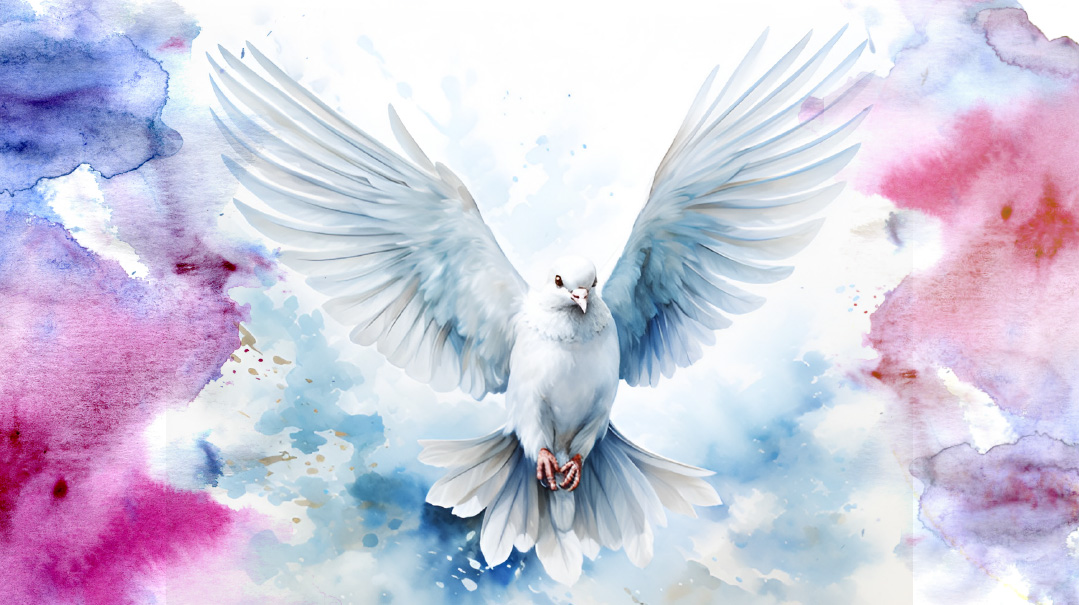Ukraine at War
| June 14, 2022Do you know why Russia started the war and what the repercussions have been?
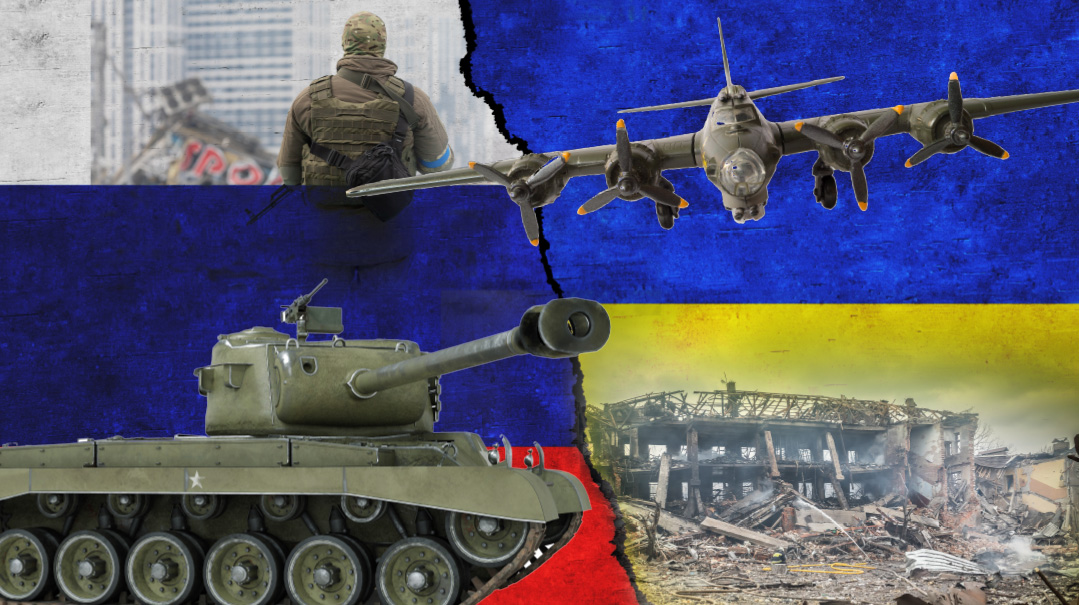
Some History
After the fall of the Soviet Union in 1991, Ukraine became an independent country. Until then, both Russia and Ukraine had been part of the former USSR.
In 2014, Russia invaded Ukraine and conquered a small peninsula (that’s a part of the land that sticks out into the sea) called Crimea. Most people who lived there speak Russian and think of themselves as more Russian than Ukrainian.
Vladimir Putin, the president of Russia, said he was protecting the Russian citizens and Russian speakers that were living there and giving them their freedom.
Since then, there has been occasional fighting there between Ukrainian and Russian troops.
Empty Threats? Not.
About a year before the current war started, Ukrainian President Volodymyr Zelensky asked US President Joe Biden if the Ukraine could join NATO.
What is NATO and why should Vladimir Putin care if Ukraine joins?
NATO is an abbreviation for the North American Treaty Organization, a group of democratic countries that agree to help each other out if they get into a war with another country. And since Ukraine shares its eastern border with Russia, Putin didn’t want to worry about all those other armies poking their noses into Russia’s business.
Putin said he wanted the countries that belong to NATO to promise they wouldn’t send troops to Ukraine, or anywhere near Russia. He started sending lots of soldiers all along the border with Ukraine to show he wasn’t kidding. Even though Putin kept threatening to send troops into Ukraine, most people didn’t really believe him. There couldn’t really be a war in a nice, normal, civilized country like Ukraine, could there?
But that’s exactly what happened. On February 24, Russian soldiers marched into Ukraine.
But Why?
Putin says he’s fighting this war so he can rescue all the citizens of Russia from the Ukraine and that Ukraine really belongs to Russia. A few people in Ukraine, in some areas very close to Russia, really did want to be part of Russia (or at least they did, before Russia fought so many battles in Ukraine and destroyed so much property and took so many lives), but most people living there are very happy that Ukraine is its own country and want to keep it that way. A lot of men joined the army to fight to protect Ukraine’s independence.
Most people don’t think Vladimir Putin cares very much about the people in Ukraine at all. They think he wants to rebuild the great Russian empire. Once upon a time, about 400 years ago, Russia was a huge empire that was very big and important. They say that Putin is trying to restore Russia to the glory it once had.
Ukraine is rich in petroleum and wheat, and many people are saying Putin is trying to capture Ukraine so he can get his hands on their natural resources.
A Country at War
Many cities, most famously Mariupol, that were thriving a few months ago, have been reduced to rubble. Schools and hospitals and shopping centers have been destroyed. When all the fighting stops it will take many years to repair all the damage.
Ukrainian President Volodymyr Zelensky used to be an actor before he got involved in politics. People didn’t know if he had what it takes to lead a country in war, but most people agree that he’s doing a great job. He’s inspiring Ukrainian soldiers to keep fighting, and strengthening his citizens, and getting as much help from the world as he can to fight off Russia.
When Russia started attacking Ukraine, millions of people fled the country. Nearly seven million people have already left Ukraine. That’s a huge amount of people — more than have ever been war refugees from one country in all of history! More than half of these refugees are in Poland. Most others are in countries all over Europe. Israel has welcomed thousands of refugees, with many Jewish organizations doing all they can to help our Jewish brothers and sisters.
Life as a Refugee
Think of all the things you use in a day — the toothpaste and toothbrush you use when you wake up in the morning, the clothes you wear, the food you eat, the soap and shampoo and towel you use for your shower. Most refugees ran away without a chance to prepare and were able to bring very little with them.
All of the places that are receiving refugees are trying to figure out how to get them the things that they need. Billions of dollars have been donated by many countries to support the refugees.
Even once the refugees have a place to stay, it’s not very comfortable for them. Sometimes they end up staying in a school or an auditorium. There’s no privacy or designated place for each family. Dozens of people are all sleeping together in the same room. As bad as it is, at least they are somewhere safe.
In many parts of Ukraine, it was very difficult to escape without getting in the way of the fighting. Some Ukrainians were hiding in basements or public buildings until there was a break in the fighting and they could get out safely. Many times, people weren’t able to get out safely, and innocent people have been killed.
What the World Is Doing
Countries all over the world want to help Ukraine defeat Vladimir Putin and the Russians. But Russia has threatened to fight with any country that tries to fight for Ukraine, and many people are afraid that could start World War III, chas v’shalom.
So how are countries helping Ukraine if they aren’t sending their soldiers to fight against Russia? First of all, they’re sending the Ukrainian army weapons. Without all the extra and stronger weapons Ukraine is getting from other countries, they wouldn’t be strong enough to defend themselves against Russia.
But the biggest weapon the rest of the world is using against Russia is something called “sanctions.” These are all kinds of punishments that make it harder for Russia to fight the war — usually by not selling them things they need or not buying things from them so that can’t make money.
Many countries have stopped banking with Russia so they don’t have access to money, and a lot of companies stopped doing business with Russia so they can’t get what they need or make a profit on their own exports. The sanctions are causing Russia a lot of harm, and many experts are saying that the Russian economy is near collapse. Russian citizens are suffering and stores are empty. Experts think most Russians want the war to end, but since they can go to jail for saying they disagree with the government, they’re keeping quiet.
Nobody knows how or when the war will end in Ukraine, but it’s clear that for now Russia isn’t winning. Moscow failed to achieve its initial goal of a lightning strike into Kyiv to take down the government. And success for its Plan B, to push Ukrainian forces back in the east and southeast of the country, is also not happening too quickly.
We can only hope this war ends before any more people suffer.
Meet Danny
Until just a few months ago, Daniel had a pretty regular life: he was a 14 year old eighth grader in the Chabad school in Kyiv, going to school, doing his homework, and playing sports.
On February 24, Vladimir Putin invaded Ukraine. For a couple of weeks, the family tried to lead a normal life, despite the war going on around them, but when they were awoken by an earsplitting boom at 6:00 a.m. on March 1st, Daniel’s father said “That’s it! We’re leaving now!”
Daniel’s mother ran to get the family’s passports. Daniel, his twin brother Yackov, and his 17-year-old brother Eliyahu, grabbed some clothing, and within ten minutes were in their car with their parents and grandmother heading toward Poland. They hadn’t had time to take very much with them, only the barest essentials.
As they approached the border there was an enormous line of cars, all waiting to enter Poland. Have you ever waited in a really long line and felt like you were waiting forever? Daniel’s family had to wait in line for three days until they could cross into Poland! For three days, they ate the small amount of food that they had with them and slept in their car and waited for their turn to cross the border.
At one point, Daniel got out of his family’s car and took a short walk to see how long the line of cars was. Without warning, Russian helicopters started flying overhead and dropping bombs, and everyone in line started hearing booms. A man Daniel didn’t know jumped out of his car to pull Daniel inside. Even though he didn’t know the man, Daniel understood very well the man was trying to protect him from the falling bombs, and he waited there until they stopped hearing booming.
When the noise stopped and Daniel went back to his parents’ car, he saw that a bomb had hit one of the cars in the line and killed everyone inside.
Once they managed to cross into Poland, a friend of Daniel’s father found them a hotel to stay in that was housing refugees.
They spent two weeks in the hotel in Poland. What did they do there for two weeks? “Nothing,” Daniel says. “It was very, very boring.”
While they were in the hotel in Poland, one of Daniel’s teachers sent a video of himself in his car that was taken near an airport close to Daniel’s home. The airport had been bombed by the Russians and was totally destroyed. In the video, the moment the teacher got out of his car, it was hit by a bomb and exploded. He’d gotten out of the car just in time!
Daniel’s seen lots of scary things he never imagined seeing before the war started. While his family was still in Kyiv, a Russian plane crashed near his house, and he saw the wreckage.
“When you go out in the street and see these things happening for real, it’s crazy! I can’t even wrap my head around what I’m seeing.”
After two long and boring but safe weeks in the hotel in Poland, Daniel’s family went to France where they caught a flight to Israel. Daniel was born in Israel and lived there until he was two. (Daniel’s father is Israeli and his mother is Ukrainian.) Daniel’s grandparents live in Israel in Netanya and his family went to stay with them.
After two months in Israel, Daniel’s father went back to Kyiv, where he has a business, so the family would continue to have a parnassah. Many people from their neighborhood were killed. The supermarket near their home and a lot of other places nearby have been destroyed by the Russians or their bombs, but Daniel’s home is still okay, baruch Hashem.
Daniel has an uncle who lives in Moshav Borgata, 20 minutes from Netanya. Daniel’s older brother went to learn in Ulpan in Haifa. His Uncle Leon told his parents there’s a school in Netanya, called Shuvu, that Daniel and Yackov should attend while they’re here in Israel.
Daniel was really afraid to go to a new school. Would he have friends? (He wasn’t worried about the language, because his Hebrew is pretty good. In his school in Kyiv he’d been learning Hebrew four hours a week for a few years already.)
Once he went to Shuvu though, he saw he’d had nothing to worry about. Everyone, the students and the staff, was so nice and wanted to know what they could do to help him adjust. Everyone wanted to be his friend.
Right away he made friends with another boy from Ukraine who’s been living in Israel for the last seven years. He explains anything Daniel needs to know. And even though it’s good for Daniel that he knows Hebrew, almost everyone in school speaks Ukrainian or Russian, so communication is really easy for him.
Daniel and his twin brother are enjoying their classes at Shuvu, especially Ulpan (learning Hebrew), computers, and sports. Chumash and Navi are also really interesting to him. Was it hard for Daniel that he came in the middle — actually, almost the end — of the year?
“Well, yes, that part was really hard, but now I know what’s going on,” Daniel says.
As much as he’s enjoying school and his new friends, he wants to go back home when the war is over. “That’s my home, where I grew up and what I’m used to,” he says.
“I can’t understand how people fight like this. How can people make a war and drop bombs and destroy cities and kill innocent people? Since the war began, I have nightmares about it all the time. I wish everybody would just be kind to each other.”
Ukraine Facts & Stats
Ukraine is the biggest country in Europe.
It’s currency is the Ukrainian Hryvni. 1 UKH = 3 cents
It has a population of 44 million people, less than Germany and France.
It shares borders with Belarus, Hungary, Moldova, Poland, Romania, Russia, and Slovakia.
The Dnieper River flows from Belarus, through Ukraine, and into the Black Sea.
The Arsenalna metro station in the capital city Kyiv, dug under the Dnieper River, is the deepest in the world. You need to stand for five minutes on the escalator to reach 105.5 m underground.
Ukraine is one of the largest grain exporters in the world and the world’s largest producer of sunflower seeds. The price for many grains have risen since the Russia-Ukraine war started.
(Originally featured in Mishpacha Jr., Issue 915)
Oops! We could not locate your form.

